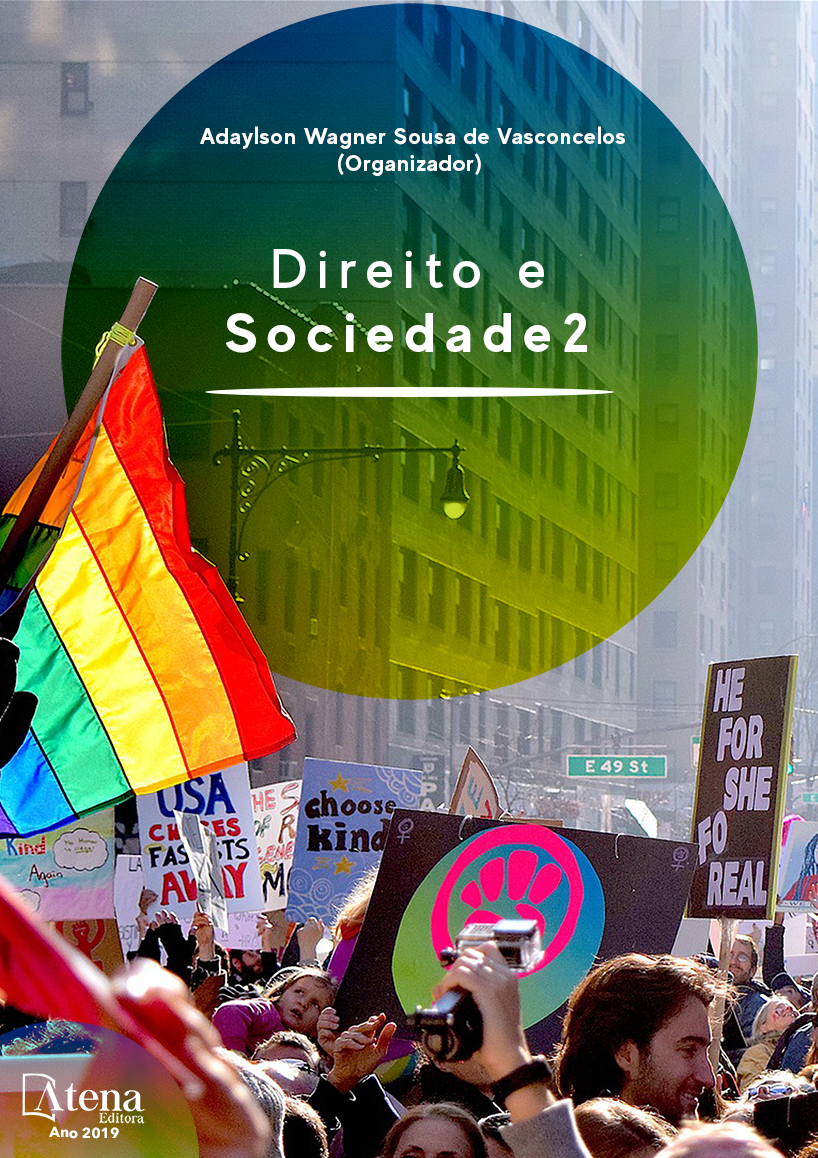
A SEGURIDADE SOCIAL E SEUS ASPECTOS ASSISTENCIAIS RELACIONADOS AOS IDOSOS E AOS PORTADORES DE NECESSIDADES ESPECIAIS QUE VIVEM EM SITUAÇÃO DE RUA E EM CENTROS DE ACOLHIDA DA CIDADE DE SÃO PAULO
O município de São Paulo possui uma
grande população em situação de rua. Pesquisa
realizada pela Fundação Instituto de Pesquisas
Econômicas - FIPE, em 2015, revela que a
população em situação de rua na municipalidade
de São Paulo recenseou um total de 15.905
(quinze mil novecentos e cinco) indivíduos.
Dos 15.905 indivíduos em situação de rua,
46,12% deles são moradores de rua e 53,88%
vivem em centros de acolhida. Questionando o
efetivo cumprimento de um direito assegurado
pela Constituição Federal de 1988 aos idosos
e às pessoas com deficiência em situação de
necessidade, a pesquisa em pauta aborda os
aspectos sociais do Benefício de Prestação
Continuada e sua eficácia, constatados a partir
de uma análise feita com base nas populações
de pessoas com deficiência e pessoas idosas
em situação de rua, no município de São
Paulo. O Benefício de Prestação Continuada
não é nesse meio difundido, não apresenta a
publicidade necessária e, consequentemente,
não possui a eficácia desejada.
A SEGURIDADE SOCIAL E SEUS ASPECTOS ASSISTENCIAIS RELACIONADOS AOS IDOSOS E AOS PORTADORES DE NECESSIDADES ESPECIAIS QUE VIVEM EM SITUAÇÃO DE RUA E EM CENTROS DE ACOLHIDA DA CIDADE DE SÃO PAULO
-
DOI: 10.22533/at.ed.4361905076
-
Palavras-chave: Benefício de prestação continuada, população em situação de rua, idosos, pessoas com deficiência, assistência social
-
Keywords: Benefit of Continuing Provision, Population Living in the Streets, Elderly, People with Deficiency, Social Welfare
-
Abstract:
The City of São Paulo has a large
population living in the streets. A research made
in 2015, by the Institute of Economic Research
Foundation – FIPE, reveals that the population
living in the streets in the City of São Paulo
compiled a total of 15.905 (fifteen thousand
nine hundred and five) individuals. Amongst
such 15.905 individuals living in the streets,
46.12% are homeless people and 53.88% live
at reception centers. Questioning the effective
fulfillment of a right secured by the Federal
Constitution of 1988 to the elderly and people
with special needs, the research in question
approaches the social aspects of the Benefit of
Continuing Provision and its efficiency, found in
the analysis made based on the population of
people with deficiency and the elderly living in
the streets in the City of São Paulo. The Benefit
of Continuing Provision is not disseminated and
does not have the publicity needed, not having, consequently, the desired efficiency.
-
Número de páginas: 15
- Helga Klug Doin Vieira
- Glauce Raquel Marinho


